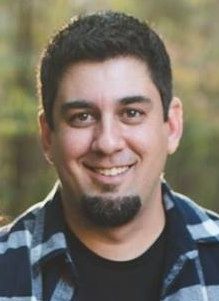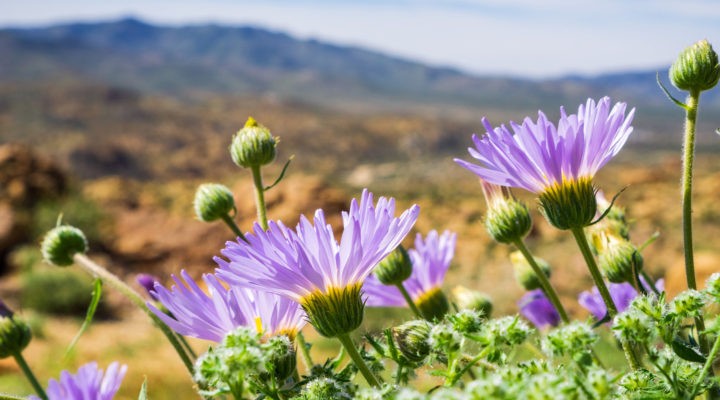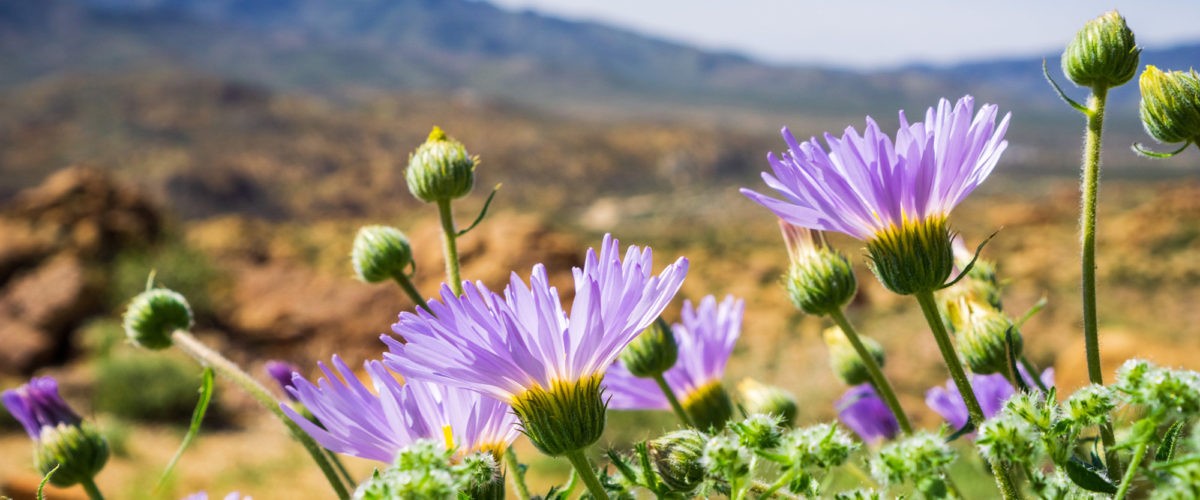Months ago, we sat around the wooden table in our booth, enjoying our food and reminding our kids to be mindful of the other customers around us. With five kids under the age of 10, it isn’t an everyday experience to be able to go out to eat at a restaurant. Little did we know, this would be the last time we would have that experience as a family for a very long time.
As the country began to shut down due to COVID-19, we were coming to terms with the reality that we were going to be at home with our kids for the unforeseeable future. When the economy began to open up and my wife returned to work, I would be in the house 24 hours a day, 7 days a week with five young kids for over a year. During this season, our world became much smaller. No longer were we going to dance lessons, sporting events, school or even our family’s homes. Our universe reduced to a 2,000-square-foot, four bedroom house.
At a surface level, it appeared we were cut off from the world, kept in the container of quarantine where our only connection to the outside was through a computer screen.

Rick Pidcock
Becoming aware of our connections to the outside
During the pandemic, social media became our window to the outside world. Family and friends shared posts about their quarantine snacks, their search for toilet paper and their unexpected journey into homeschooling. We were all on our own. And being cut off from everyone, we began to notice the nature of our connections to everyone.
In her book Seven and a Half Lessons About the Brain, neuroscientist Lisa Feldman Barrett says the human ability to live in community has allowed us to “thrive in more climates than any other animal, except maybe bacteria.” She explains how our brains manage our bodies’ resources, and how “outside of your awareness, you make deposits of a sort into other people’s body budgets, as well as withdrawals, and others do the same for you.”
As quarantine continued longer than many of us had hoped, divisions began to appear between the Right and the Left, between evangelicals and those outside the institutional church. Friends and family members began questioning the recommendations of health experts and started spreading conspiracy theories. As millions of people were dying around the world, the conspiracy theories deepened. Churches began to meet again. Christians began fighting for their right to gather in large crowds with no social distancing or mask wearing.
Every time I logged on to social media, I was stunned by how many of my evangelical family and friends expressed little empathy for the suffering, fought against taking precautions, and spread the most mind-boggling conspiracy theories. These were people I enjoyed being around, had lived my life with, laughed and cried with, ate meals with. But as I was taking COVID-19 seriously, and they were not, it became increasingly clear that we were living on different planets. Their callous dismissal of human suffering made me wonder to what degree I even wanted to reconnect with some of them. What would we even talk about?
“As I was taking COVID-19 seriously, and they were not, it became increasingly clear that we were living on different planets.”
Because the divide seemed to be between those who were within mainstream evangelicalism and those who were exiled from it, the emotional pain of the pandemic for those of us on the outside became even harder. We already felt exiled due to our theological journey. Now quarantine with all of its conspiracies would compound our feelings of being cut off.
In his book Before You Lose Your Mind, Keith Giles writes: “What really concerns me, honestly, is the emotional damage of deconstruction … . Most people don’t understand just how traumatic it can be to lose your faith in God, and in the church, and in the Bible, and for some, even in Jesus. To make matters much, much worse, there is the added trauma of being shunned by your friends, cut off from your church community and treated like a heretic by your own family members over differences of belief.”
Despite our growing disconnection, we were deeply connected through our wounds of loneliness. Barrett points out that the words we use and stories we tell through technology can affect the heart rate, breathing and metabolism of people all around the world.
In other words, isolation is a myth. There is indeed a worldwide web of relationships in which we live and from which we cannot escape. And the interactions we had during quarantine in the midst of an election year featuring the most flamboyant and insecure president in many years led to our heart rates, breathing and metabolism being affected in harmful ways.
The disconnection from people we once enjoyed and respected traumatized us in such a way that we felt it within our bodies.
Cultivating our connections to ourselves
Despite being on lockdown with five kids under the age of 10, our family has been faring quite well. This was going to be a season where we could be present with one another as a family in a deeply special way. The interconnectedness of our minds and bodies would be primarily experienced between us, while we would be processing together the disconnectedness we felt from those outside our walls.
“Our home became a place for fostering presence and curiosity.”
Our home became a place for fostering presence and curiosity. We bought some garden beds where we could create and care for the earth: growing tomatoes, strawberries, onions, lettuce, and other herbs that would sustain us. We purchased some outdoor furniture where we could sit and rest in solitude, surrounded by the flowers and the forest around us.
Thomas Merton wrote in The Sign of Jonas: “Once God has called you to solitude, everything you touch leads you further into solitude. Everything that affects you builds you into a hermit … . What is my new desert? The name of it is compassion. There is no wilderness so terrible, so beautiful, so arid and so fruitful as the wilderness of compassion.”
In Reaching Out: The Three Movements of the Spiritual Life, Henri Nouwen reflects on Merton’s desert solitude by saying, “The paradox of Merton’s life indeed is that his withdrawal from the world brought him into closer contact with it. The more he was able to convert his restless loneliness into a solitude of heart, the more he could discover the pains of his world in his own inner center and respond to them.”
While our kids desire to return to the activities and relationships they once enjoyed, they are holding within themselves a posture of compassion as they consider the nearing return to the world outside our walls. We overhear them talking about how they want to be vaccinated so they don’t catch COVID and spread it to others. There isn’t a fear in their voice when they talk amongst themselves, but a genuine compassion for others.
“While our kids desire to return to the activities and relationships they once enjoyed, they are holding within themselves a posture of compassion as they consider the nearing return to the world outside our walls.”
As one of my sons and I were looking at the forest, we were reflecting on how all the land in the United States used to be home for Native Americans. We talked about how white people used the Bible to justify taking the Native Americans’ land away from them and conquering them. Then my son told me, “I would be willing to move back to England if we could let the Native Americans have their land back.”
Of course, our time hasn’t all been an experience of contemplative solitude. The path into solitude begins with what Nouwen termed “a suffocating loneliness.” So much of our time has been characterized by wrestling through the loneliness until we discover the deeper, hidden solitude within, where anywhere we stand can become a holy communion of compassion. And when you’re dealing with the impulses and curiosity of young kids, that wrestling can be very difficult.
No matter how difficult that wrestling and cultivating can be, however, it has been nice to pursue it without the ever-evaluating eyes of family and friends who remind you with their posts on social media every day that they disapprove of what you’re cultivating, despite the fact that they don’t even understand it.
Re-entering the outside world
As we near the time to reconnect with family and friends outside our walls, the uncertainty and concern for how that will go is strong. The events of this past year have made it abundantly clear that we now have very little in common with many of them.
We can’t talk freely about the pandemic because many of them think it was a hoax designed to defeat President Trump.
We can’t discuss openly about what we learned about compassion for the suffering because many of them deny that there was much suffering even happening.
We can’t share how we’ve processed this journey theologically because our theology condemns us in their eyes.
We can’t express the observations we’ve had about justice issues because many of them believe that talk of justice leads to the supposed evils of Critical Race Theory.
Of course, we could decide to face those disagreements and try to work through them. But all of us know we can’t pretend that these differences can be solved through arguments. And after being away from one another for so long, who really wants our first gatherings to be filled with arguments?
“Perhaps we should consider our re-entry as a new, emerging desert.”
Additionally, our kids have gotten used to the freedom of being home and have not had to function in social settings. How will they respond to having to sit still in a church service, a meeting, a classroom or a restaurant? How will it feel when they say words or phrases or talk about songs, shows or movies that will offend the conservative evangelicals we used to hang out with, leading to the shame of disapproval once again?
Opening our doors to the world once again is going to feel like opening up our wounds.
Perhaps we should consider our re-entry as a new, emerging desert. Perhaps we will need to move into the suffocating loneliness of being around those who disapprove of us or don’t understand us by meeting ourselves and our families with compassion and allowing the tears of our grief to water gardens of solitude.
In that, perhaps we could grow compassion for those we so strongly disagree with so that the web of relationships that connects us all can be healed.
Rick Pidcock currently serves as a Clemons Fellow with BNG. He recently completed a master of arts degree in worship from Northern Seminary. He is a stay-at-home father of five kids and produces music under the artist name Provoke Wonder.


